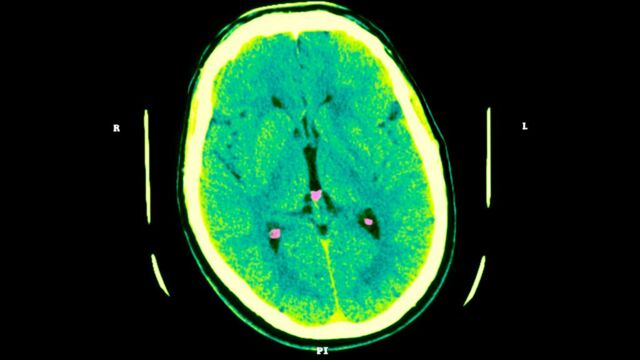It's a mysterious condition that has been increasing in number since 2015. As most of the world continues to deal with the COVID-19 pandemic, health services in the eastern Canadian province of New Brunswick have launched an investigation into a 'mysterious and deadly' ailment that has already been detected in 42 people, with symptoms similar to Creutzfeldt-Jakob disease, a rare degeneration of the central nervous system.
Discover our latest podcast
'No clear cause' identified so far
According to a memo relayed by CBC News, a first case of the disease was discovered in 2015. An additional 11 cases were detected in 2019 and 24 more in 2020. Since the beginning of 2021, six new cases have been detected. These 42 patients are between 18 and 85 years of age, and the syndrome seems to affect both women and men. In total, five patients have died.
All of these cases are concentrated 'in the Acadian Peninsula in northeastern New Brunswick and in the Moncton area in the southeast,' the two Canadian media outlets said.
We are working with various national groups and experts; however, no clear cause has been identified at this time.
An environmental disease?
However, preliminary data obtained by a research group led by neurologist Alier Marrero has suggested that the disease is not genetic, and could be contracted through water, food or air. No other cases have been reported outside this geographical area in Canada.
Still unknown to doctors, this pathology is nevertheless similar to the so-called prion diseases, of which Creutzfeldt-Jakob is a part. A disease that you have probably already heard about in the 1990s because of its bovine form, linked to the mad cow crisis.
But initial tests have already ruled out bovine spongiform encephalopathy (BSE): tests for Creutzfeldt-Jakob disease have so far ruled out known prion diseases, according to the health service memo. Scientists are now investigating the possibility that this is a new variant of a prion disease, or a completely new disease.
What are the symptoms?
According to neurologist Alier Marrero, the symptoms of the disease progress over a period of 18 to 36 months, and are as varied as they are disturbing: behavioural changes, sleep disturbances, unexplained pain, visual hallucinations, coordination problems and severe muscle and brain atrophy.
'At this point, we have more questions than answers,' concluded New Brunswick's Chief Medical Officer of Health, Jennifer Russell.















